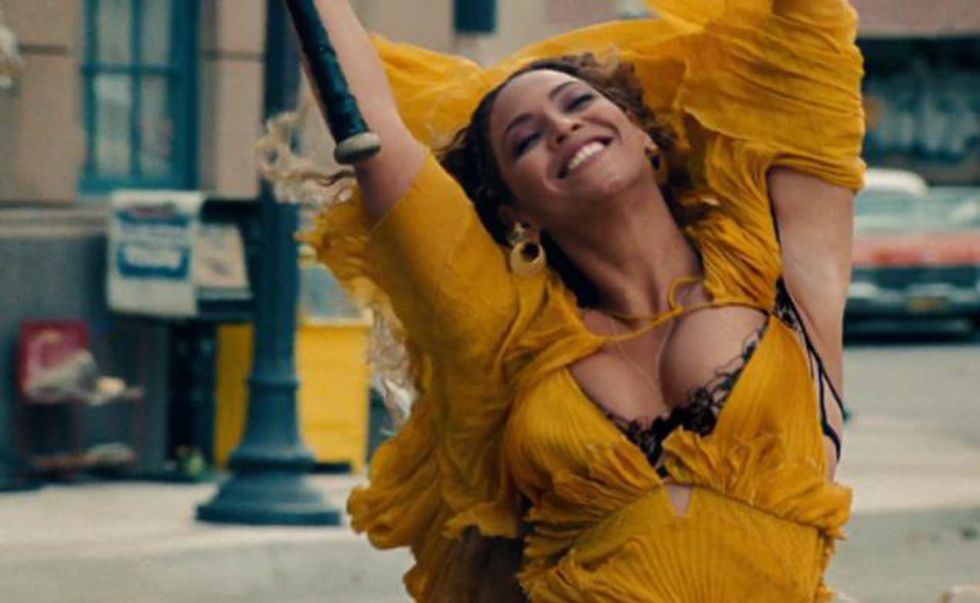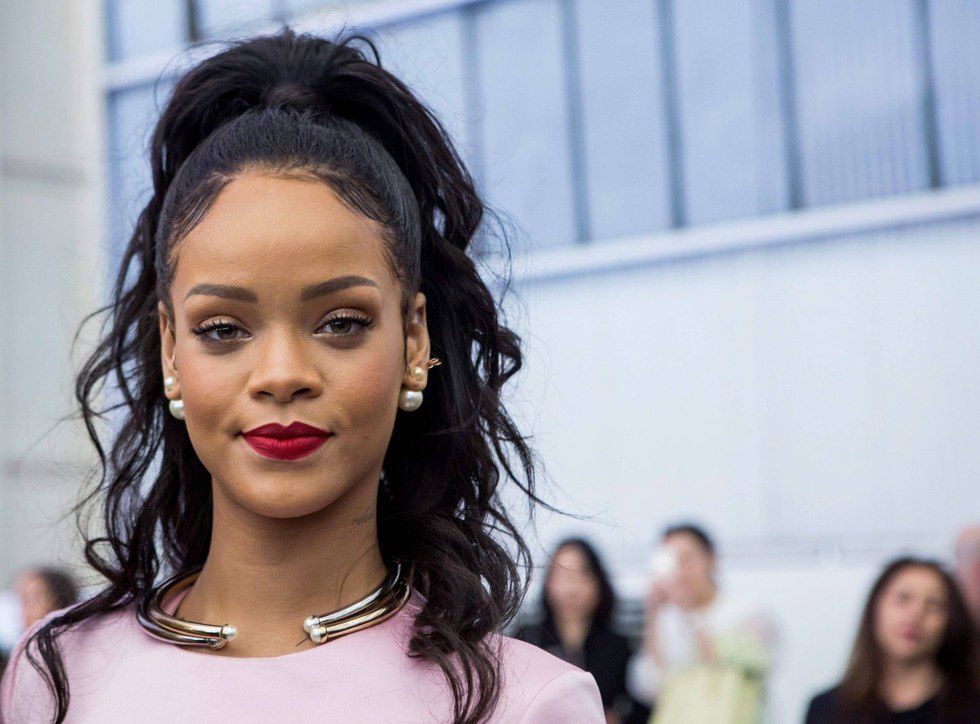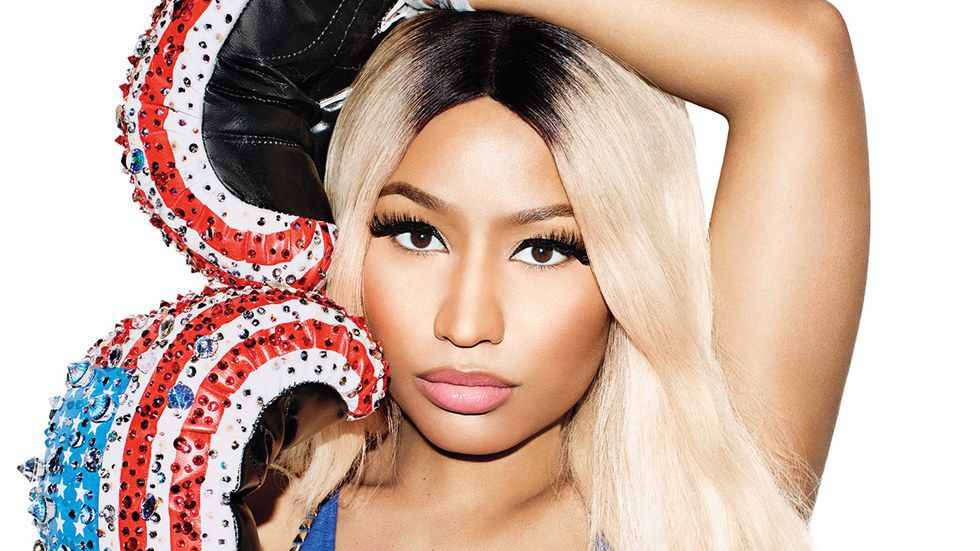This semester, I had the privilege of taking a rhetoric class called "Critical Whiteness." Hands down, this is probably one of the best classes I've ever taken in college, as it was about exactly what it sounds like; a critical view on Whiteness in society. Towards the end of the semester, we ended up writing a creative paper that required us to create some kind of term, lesson plan, book proposal, etc., that revolved around critical whiteness studies and write a reflection on it. For my paper, I chose to create a term called the "Royal Trifecta." By no means does the Trifecta actually exist, but I thought it'd be interesting to share a little blurb of the paper and switch up the tone of my Odyssey articles this week. Hope you enjoy and are a little more enlightened after reading it!
In today’s society, we are extremely picky as to who we select to act as our ideal female role models. We only allow women who preach a “good,” clean message to the youth, while simultaneously possessing the perfect balance of sex appeal and submission to “the man” and higher powers that be to take on this honorable position. This convoluted mixture of respectable and desirable female bodied role models is extremely obvious in the music industry when it comes to the success of female artists. Women in the music business tend to be oversexualized and overlooked as businesswomen, as they are often hired to “sell sex,” not take on business endeavors. When a woman does not fit this ideal image, she is often dismissed by our patriarchal society and left to suffer from unpopularity and negative criticism stemming from the general public.
With that being said, I think that what this struggle really comes down to is the pursuit of an inescapable goal to gain entrance into the “success club,” an imaginary yet extremely real standard that all artists attempt to achieve during their careers. For Black women in the music industry, in particular, the attempt to gain access into this club is even more difficult, since they have to first gain access into something called, the “Whiteness Club,” which is essentially the collection of all individuals who embody and perform Whiteness. Talking “properly,” having a non-violent attitude, good at keeping fellow minorities in line... the list of requirements to enter the club is endless. Many Black female (and male) artists struggle to find their entrance into the club, as they are usually physically exotified, placed in the category of ghetto “hoe,” or banished to the realm of “sassy Black woman with a crazy-good voice.” Because this admittance into the Whiteness Club is so rare, I propose that there is a secret method as to how to get into it and one group of Black women who have made their own club have done just that. I call this club the “Royal Trifecta”: a triangle of greatness that is Beyoncé , Rihanna and Nicki Minaj.
To be more specific, the Royal Trifecta is a collection of upstanding Black women who serve as model minorities for Black and Brown communities. The Trifecta is comprised of Beyoncé Knowles-Carter, Rihanna Fenty and Nicki Minaj; all well-known, badass female artists in the music industry who straddle the line between protest against and submission to “the man.” Not only are these women gifted musicians, but they are also strong portrayals of feminism, Black Power and freedom of one’s own sexual politics. Though all three are advocates of the same causes, each plays a specific role in the creation of the ideal Black woman. Rihanna serves as “the body” and satiates the need for a sexual object to fetishize and exotify, Beyoncé is the feminist who uses her music and motherly morals to empower women and Nicki is the rapper-turned-businesswoman extraordinaire who has solidified her place amongst the men in the rap industry. Needless to say, these are amazing women that show us exactly how refusing to play the game that society expects Black women to play by performing Whiteness can get us a ticket into the Whiteness Club.


























